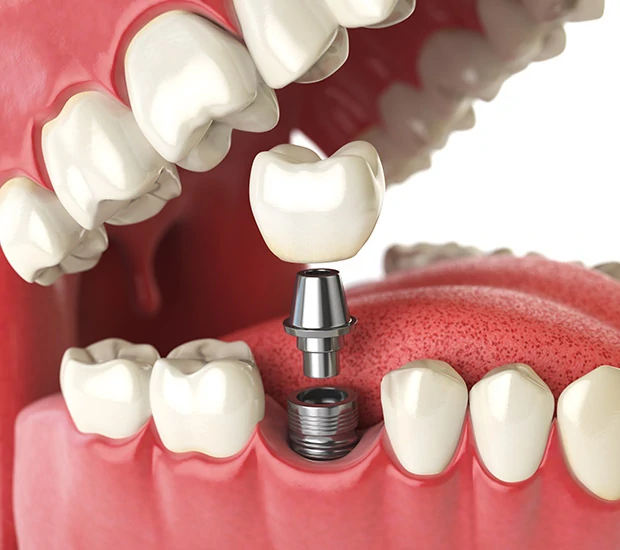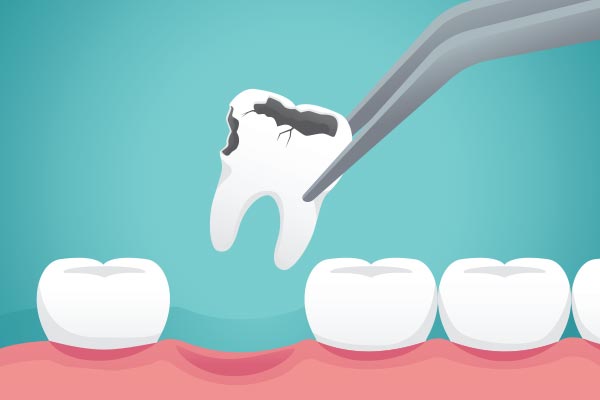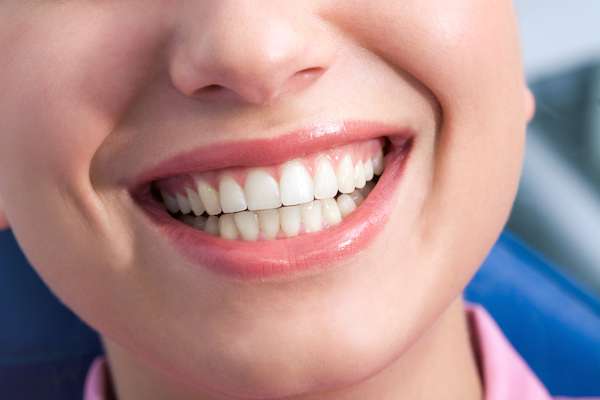Bone Grafting for Dental Implants
Bone grafting is a common dental procedure that can help improve oral health and appearance. It involves rebuilding lost bone in the jawbone, which can occur as a result of tooth loss, gum disease, or other factors. By rebuilding lost bone density, a bone graft can help ensure that dental implants are properly supported and can last for many years.
Good candidates for a bone grafting procedure at our Tonawanda clinic include those who are planning to get dental implants, those with tooth loss or gum disease, and those with bone loss. The procedure can be performed by a skilled dentist or oral surgeon, and it is generally well tolerated by patients. While a bone graft may not be a desirable experience, it can make a significant difference in the long-term success of dental implants and improve overall oral health and appearance.
“By rebuilding lost bone density, a bone graft can help ensure that dental implants are properly supported and can last for many years.”
When Bone Grafting Is Necessary
Bone grafting for dental implants is a procedure that is used to rebuild lost density in the jawbone after tooth loss. This is necessary because when a natural tooth is missing, the jawbone is no longer stimulated by chewing and starts to deteriorate. To determine if a bone graft is necessary for dental implants, a dentist will typically use a thorough oral examination and X-rays. The bone used for the graft is typically taken from the patient’s own body, usually from the back of the jawbone. It is important to correct bone deterioration as it can lead to further complications, such as additional tooth loss.
The Benefits of Bone Grafting for Dental Implants
Bone grafting for dental implants provides Tonawanda based patients with several benefits. One of the main benefits is that it allows for the placement of dental implants in areas of the mouth where bone density may have been lost. This can be particularly important for patients who have lost multiple teeth and may have experienced bone loss as a result. By rebuilding the bone density, the implant has a stronger foundation to support it and is more likely to be successful in the long term.
Additionally, bone grafting can help to improve the appearance of the teeth and mouth. When there is a significant loss of bone density, the gums may begin to sink in, creating a sunken or hollow appearance. By rebuilding the bone, the gums can be lifted back into their natural position, providing a more natural and attractive appearance.
Another benefit of getting bone grafting for dental implants at our Tonawanda office is that it can help to prevent further tooth loss. When there is a significant loss of bone density, it can make it more difficult to support additional implants in the future. By rebuilding the bone, patients can protect their remaining teeth and ensure that they are able to receive additional implants if needed in the future.
“By rebuilding the bone density, the implant has a stronger foundation to support it and is more likely to be successful in the long term.”
How Bone Grafting Works
Bone grafting is a surgical procedure that involves using natural or synthetic bone material to fill in areas of the jawbone where there are missing teeth. This is done through a minor surgical procedure in which the bone material is placed in the jawbone above the missing tooth. The bone then needs to heal and fuse with the existing bone, which can take several months. There are several types of bone grafts, including autograft, allograft, xenograft, and alloplastic graft. The majority of bone grafting procedures use real bone, but synthetic bone material can be used for an alloplastic graft. Bone grafting is often necessary for people who are getting dental implants, as it provides additional support to the implant and helps to reduce the risk of failure. It can also improve the appearance, function, and oral health of the patient.
“Patients should maintain proper care of the implants and their oral health. Just as with natural teeth, patients need to continue brushing and flossing daily.“
What to Expect After the Procedure
After a bone grafting procedure, patients in Tonawanda can expect to experience some swelling, bruising, and minor bleeding of the gums. To help the jaw heal faster and promote recovery, it is important to stick to a diet of soft foods and avoid sugary or dark beverages. Good oral hygiene is also crucial, and patients should brush and floss gently and use mouthwash as directed. To ensure the best possible outcome, it is important to choose a qualified oral surgeon or implant specialist with experience in bone grafting. It may be helpful to ask your dentist about their experience with the procedure and to look at patient reviews and before-and-after testimonials online before scheduling a consultation.
Frequently Asked Questions About Bone Grafting
Your dentist may recommend platelet-rich plasma and bone morphogenetic protein as a way to help regenerate and strengthen bone in the bone grafting process. Platelet-rich plasma may also increase the healing time after the procedure.
Experience is always an advantage when choosing a bone grafting specialist, but it is not the only factor to consider. It is helpful to have a conversation with the professional and ask questions about their education and training. You can also ask for more information about how the process works and who else will assist in the treatment process.
If the patient intends to replace a damaged or loose tooth with a dental implant, then tooth extraction is necessary. A dentist may also recommend treatment for periodontal disease in addition to a bone grafting procedure, along with filling and repairing any eroded or damaged teeth.
The length of bone augmentation is dependent upon the type of procedure(autograft, alloplastic, and more.), the location of the bone graft, and various other factors. However, it is typically a routine procedure that does not take more than several hours at most. The patient can return home soon after the process is complete.
The cost of bone grafting depends on the patient’s case, the severity of their condition, and the type of bone graft being performed. On average, bone grafting can cost between $200 to $1,200 per graft. We encourage patients to speak with their insurance provider to find out what their plan covers and learn about any copays that the procedure may entail.







